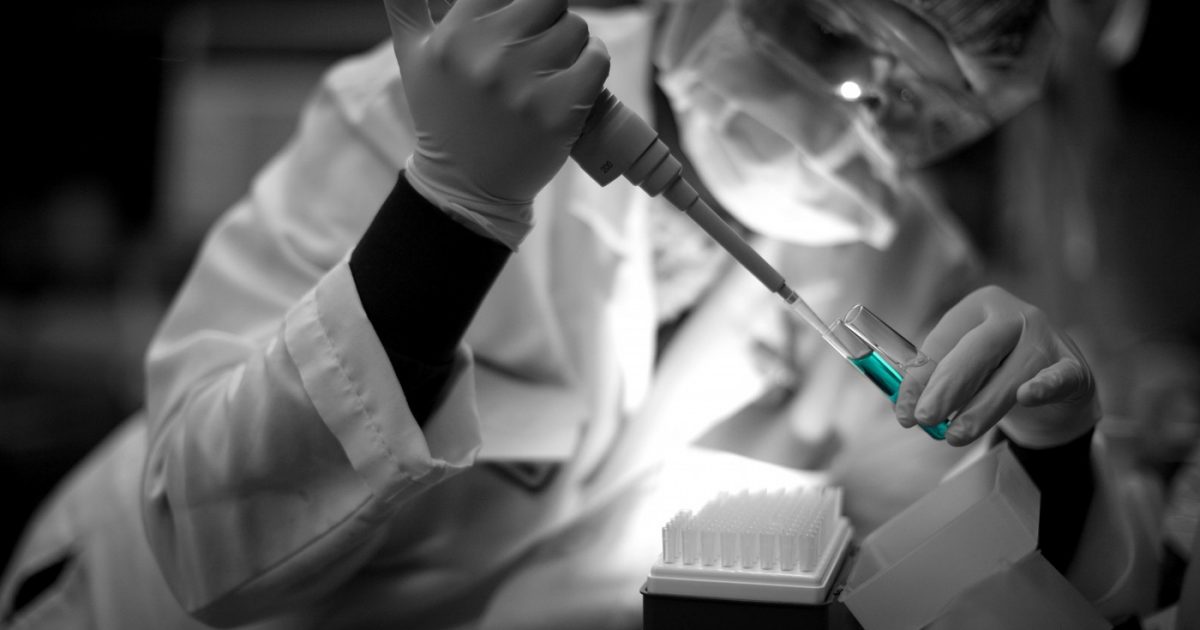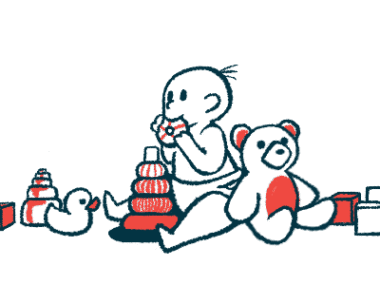The Journey to the Truth
Written by |

When my daughter, Austen, first started seizing at 5 months old, we were told that it was probably just febrile seizures … even when she went into a status seizure two days later, had to have a code blue called, and was transferred to a bigger hospital with a pediatric intensive care unit.
Every PICU doctor and neurologist on the floor told us the same thing. “It probably won’t happen again.”
A month later, it did. And again a month after that.
By the time Austen was 7 months old she had already failed on an antiepileptic medication and the doctors were steadily increasing her new one. Every time she’d seize I would take her to the emergency room and they would call her neurologist who would then increase her dose. It was like being on a merry-go-round that just wouldn’t slow down long enough for me to get off.
In the midst of all of this, we still didn’t know what was causing her seizures. And I was quickly becoming frustrated because it seemed like the doctors weren’t too concerned with finding that out. Every time I asked I was told that they weren’t even certain Austen had epilepsy yet, and if she did, chances were we might never know the cause.
My mama always told me I wasn’t the type to take no for an answer, and this was no exception. Luckily for me, Austen’s pediatrician is the same way. Maybe it was because he had been my pediatrician as well, or maybe it was because he was the doctor who had to code her when she was only 5 months old. He looked for answers just as hard as I did, and before long his poor secretary knew me by the sound of my voice.
We discussed and researched many options, including tubular sclerosis and Lennox-Gastaut syndrome, without finding any answers. Then one day I was searching online and the words “Dravet syndrome” popped up on my screen for the first time. When I began to read about the disease my heart dropped. It didn’t look good at all, but Austen hit every marker but one on the symptom list.
I can’t really put into words the physical feeling that overcame me at that moment. It was like a panic attack crossed with a sigh of relief. I was hot and cold and shaking all over, but for the first time in months, my head felt clear. I know it might sound crazy, but I just knew this was our answer.
I called the pediatrician right away, and the next day he called me back to tell me that this seemed like a viable option to him as well. He couldn’t order the test, though; it had to come from our neurologist.
Imagine my dismay when the neurologist told me they would not test for Dravet syndrome. I was told it was too rare, that it would be one of the last things they tested for. They reminded me again that they weren’t even sure Austen had epilepsy.
I cried, I felt like giving up, but instead, I got mad. It’s a good thing, too, because as I was venting to a friend, she put me in touch with another friend of hers. This friend also had a daughter with epilepsy, and they saw a neurologist they loved at a different hospital. It normally would have taken us six months to get in to see him, but this friend spent her daughter’s entire appointment talking about Austen’s experience. By the end of it, the neurologist was telling his nurse to pull our records, and Austen was able to see him within six days.
Not only did this neurologist tell us that Austen did, in fact, have epilepsy, but he also agreed that it sounded like Dravet syndrome. A simple blood test was all it took, and six weeks later we got the call.
Austen had just turned 1 when we got her official diagnosis, but it could have been much longer. With the disease only getting its name in 1989, many doctors, including Austen’s pediatrician, had never seen it in person before. Austen is still the only person in our hometown to ever be diagnosed with it. That makes it harder for doctors to recognize the symptoms and the need to test quickly.
This can lead to children being given meds that are counterproductive to Dravet syndrome and can actually make their seizures worse. Luckily Austen did not receive any of the counterproductive meds before we got her diagnosis. Doctors are amazing, but so is a mother’s intuition. I’m just glad I followed mine.
***
Note: Dravet Syndrome News is strictly a news and information website about the disease. It does not provide medical advice, diagnosis, or treatment. This content is not intended to be a substitute for professional medical advice, diagnosis, or treatment. Always seek the advice of your physician or other qualified health provider with any questions you may have regarding a medical condition. Never disregard professional medical advice or delay in seeking it because of something you have read on this website. The opinions expressed in this column are not those of Dravet Syndrome News or its parent company, Bionews Services, and are intended to spark discussion about issues pertaining to Dravet syndrome.





Leave a comment
Fill in the required fields to post. Your email address will not be published.